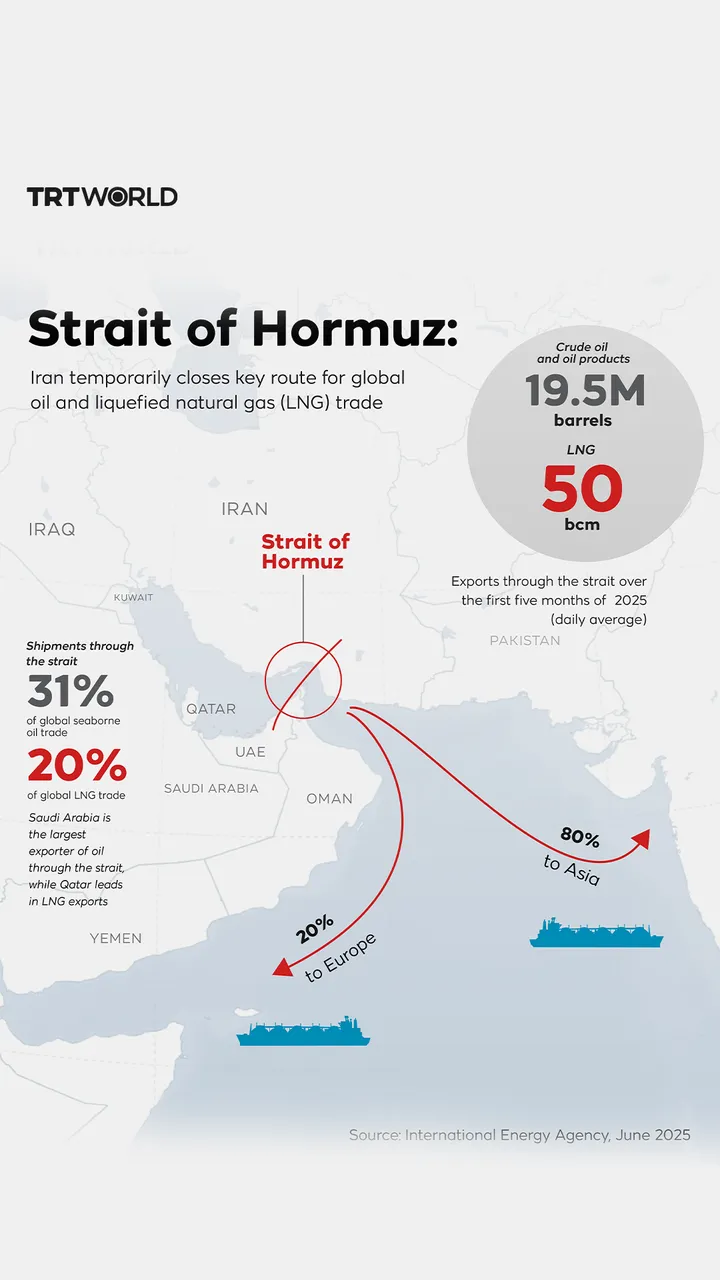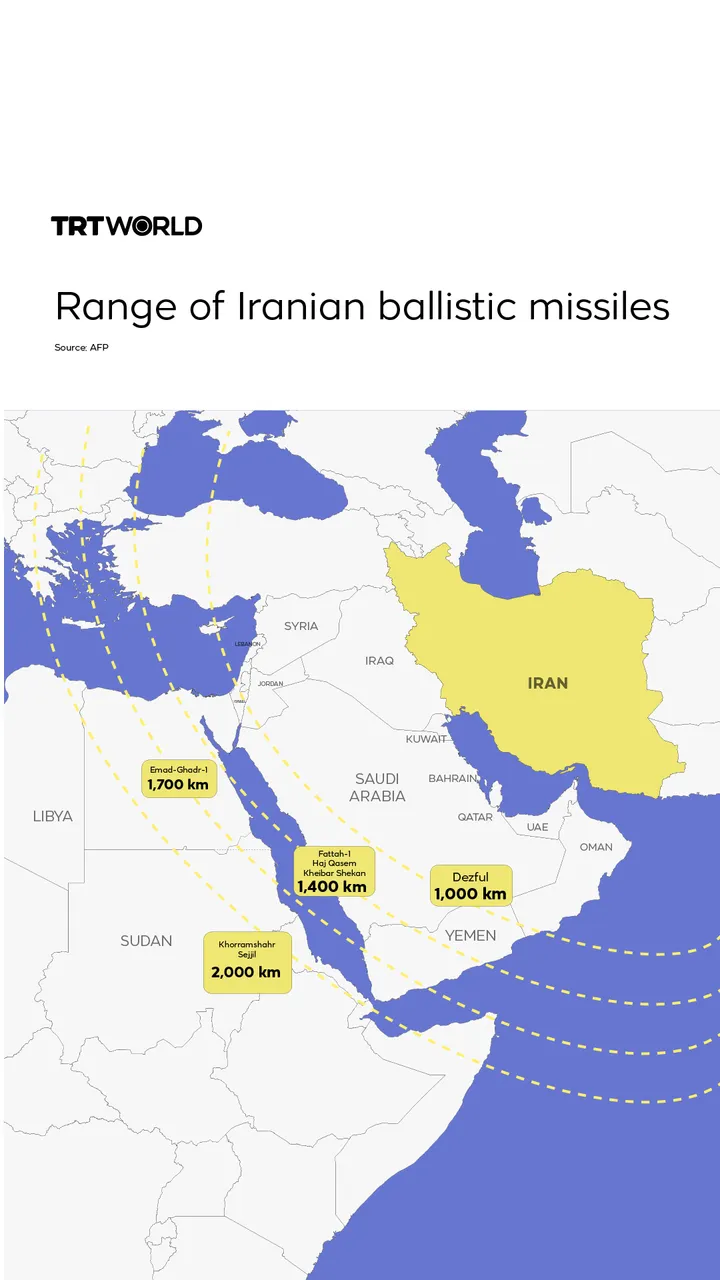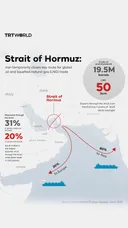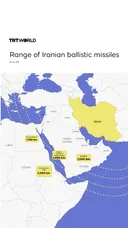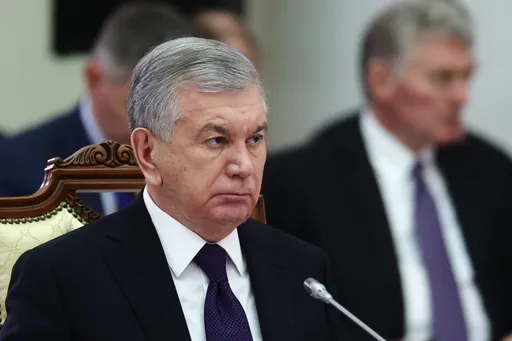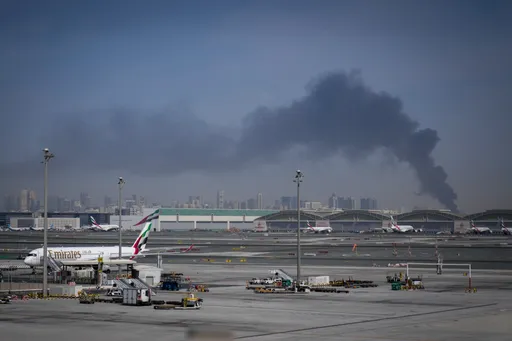Chinese President Xi Jinping has arrived in Saudi Arabia on a visit, which China hailed as its biggest-ever diplomatic initiative in the Arab world, as Riyadh looks to expand global alliances beyond its longstanding partnership with the West.
The meeting between the global economic powerhouse and Gulf energy giant comes as Saudi ties with Washington are strained by US criticism on some issues, including Riyadh's support for oil output curbs before the November midterm elections.
Crown Prince Mohammed bin Salman offered Xi a lavish welcome, in contrast with the low-key reception for US President Joe Biden whose censure of Saudi leader formed the backdrop for a strained meeting in July.
Xi's trip includes direct talks with Saudi Arabia, a wider meeting with the six-nation Gulf Arab alliance and a summit with Arab leaders which will be "an epoch-making milestone in the history of the development of China-Arab relations", foreign ministry spokesperson Mao Ning said.
Beijing hopes it will make a strong statement on strengthening "unity and cooperation", Mao added.
For Saudi Arabia, frustrated by what it sees as Washington's gradual disengagement from the Middle East and a slow erosion of its security guarantees, China offers an opportunity for economic gains without the tensions which have come to cloud the U.S. relationship.
"Beijing does not burden its partners with demands or political expectations and refrains from interfering in their internal affairs," Saudi columnist Abdulrahman al Rashed wrote in the Saudi-owned Asharq Al Awsat newspaper.
Unlike Washington, Beijing retains good ties with Iran, another supplier of oil to China, and has shown little interest in addressing Saudi Arabia's political or security concerns in the region.
The overseas trip is only Xi's third since the coronavirus pandemic began in 2020, and his first to Saudi Arabia, the world's biggest crude oil exporter, since 2016.
Oil markets are expected to be a top agenda item for talks between China, the world's biggest crude consumer, and Saudi Arabia, especially given the turmoil the markets have experienced since Russia attacked Ukraine in February.
READ MORE: China's Xi to visit Saudi Arabia for summit with King Salman, Gulf leaders
What is on agenda?
The G7 and European Union on Friday agreed to a $60-per-barrel price cap on Russian oil in an attempt to deny the Kremlin war resources, injecting further uncertainty into the markets.
On Sunday, the OPEC+ oil cartel led jointly by Saudi Arabia and Russia opted to keep in place production cuts of two million barrels per day approved in October.
Saudi and Chinese officials have provided scant information about the agenda, though Ali Shihabi, a Saudi analyst close to the government, said he expected "a number of agreements to be signed".
Beyond energy, analysts say leaders from the two countries will likely discuss potential deals - that could see Chinese firms become more deeply involved in mega-projects that are central to Prince Mohammed's vision of diversifying the Saudi economy away from oil.
Those projects include a futuristic $500 billion megacity known as NEOM.
Tensions with Washington
The OPEC+ production cuts approved in October represented the latest blow to the longtime partnership between Saudi Arabia and the United States, which said they amounted to "aligning with Russia" on the war in Ukraine.
Xi's visit is expected to be closely watched in Washington, which entered into what is often described as an oil-for-security partnership with Saudi Arabia towards the end of World War II.
While the Biden administration has smarted over the production cuts, Riyadh has at times accused the US of failing to hold up the security end of the bargain, notably after strikes in September 2019 claimed by Yemen's Huthi rebels temporarily halved the kingdom's crude output.
China and Saudi Arabia already work together on arms sales and production.
The GCC-China summit will be held on Friday in Riyadh, the bloc said in a statement.
GCC chief Nayef al-Hajraf "stressed the importance of GCC-Chinese relations, as China is ranked first on the list of the GCC countries' trade partners", the statement added.



